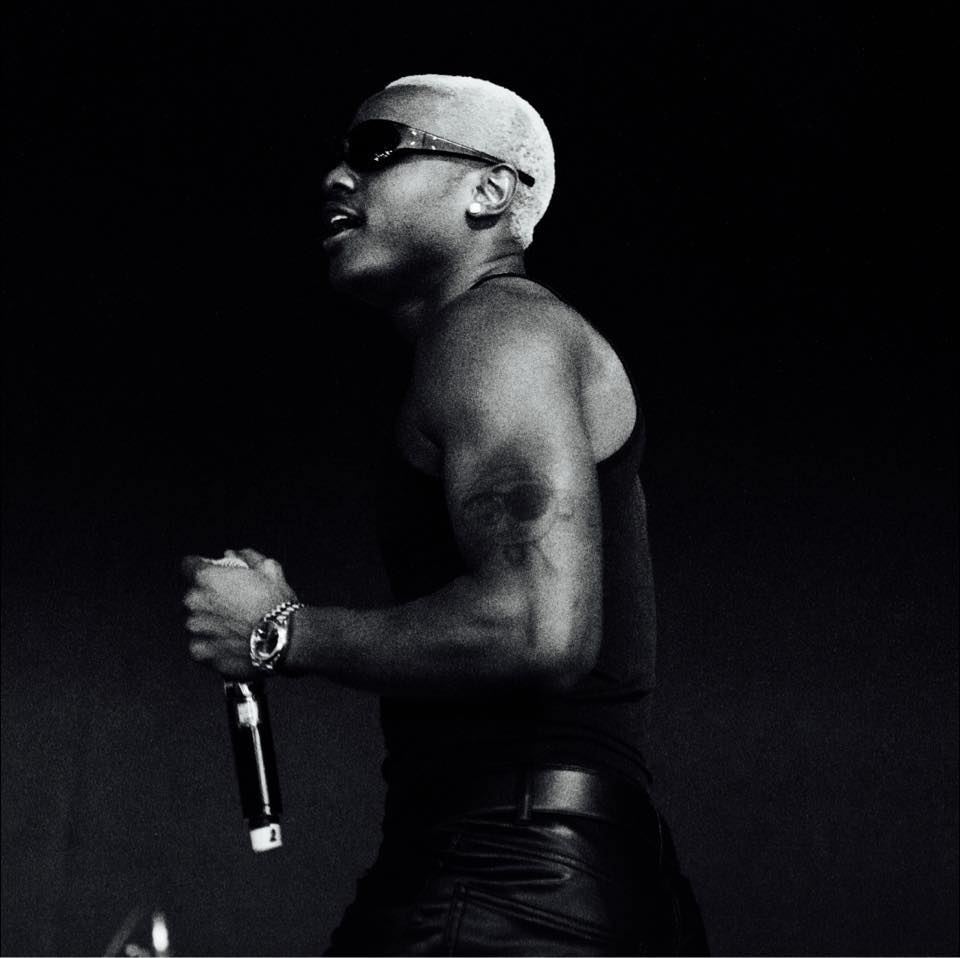Nigerian Afrobeats sensation Michael Adebayo Olayinka, known widely by his stage name Ruger, has opened up about the challenges of building authentic relationships within the music industry. The “Asiwaju” hitmaker shared candid thoughts during his recent appearance on The Stanley Agu Show, shedding light on the scarcity of genuine friendships among musicians.
In a heartfelt segment of the interview, Ruger described the entertainment industry as a largely transactional environment, where most connections are driven by what an artist can offer at a particular moment.

“One thing I wished I had known earlier is that no one is your friend in the [music] industry,” Ruger stated. “The most you can have is maybe two genuine friends that stand by you and want to see you grow. Even when things are bad, they are with you, making sure that you’re good.”
His revelation highlights a broader concern that many artists have shared over the years—the difficulty of distinguishing between real friends and those who are around for personal or professional gain.
“Everything is business. Nobody cares,” Ruger said bluntly. “They are moving around with you because you can offer [something] at that time. The moment you might not be able to offer anything, a lot of people will switch.”
The singer, known for his eye-patch look and genre-defining tracks, has experienced rapid growth in the Nigerian and international music scenes. Yet his recent remarks reveal the emotional toll that fame and success can sometimes bring—particularly when it comes to trusting people within the same creative space.

“Remember, the most friends you can have in the industry might be two, or one, or none,” Ruger concluded, stressing the importance of emotional caution for newcomers navigating fame.
Fans and industry insiders alike have responded to Ruger’s remarks with mixed feelings. Some have praised his honesty and vulnerability, calling it a wake-up call for up-and-coming artists. Others have debated whether the competitive nature of the music business naturally leads to such emotional detachment.
This is not the first time Ruger has spoken out on personal values and industry dynamics. Over the years, he has used both his music and media appearances to advocate for authenticity, hard work, and resilience.

As Ruger continues to rise in prominence, his words may resonate more deeply with younger talents and creatives navigating their paths through the highs and lows of fame. His message is clear: success may come with attention and alliances, but true loyalty remains a rare and priceless commodity.




